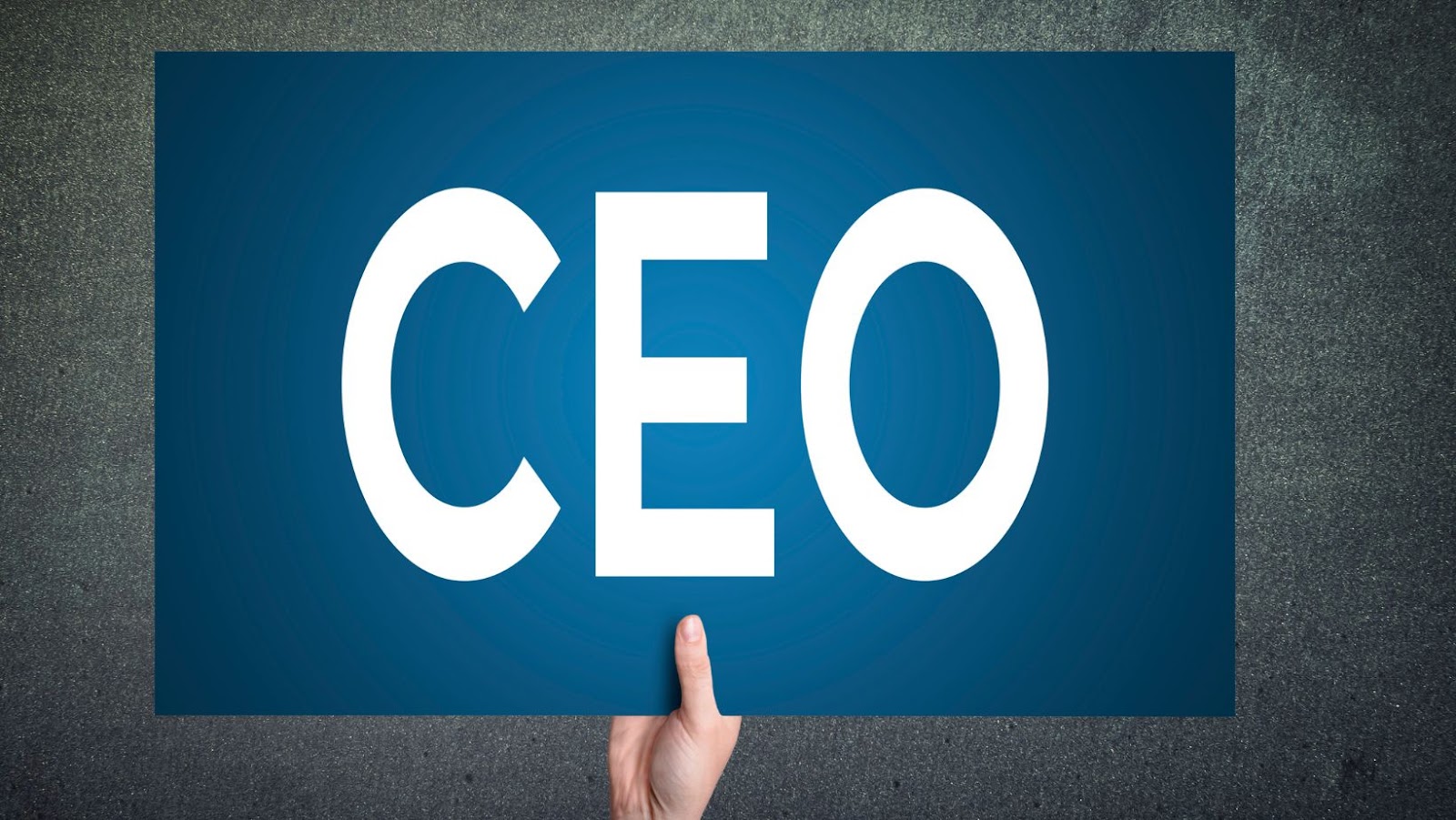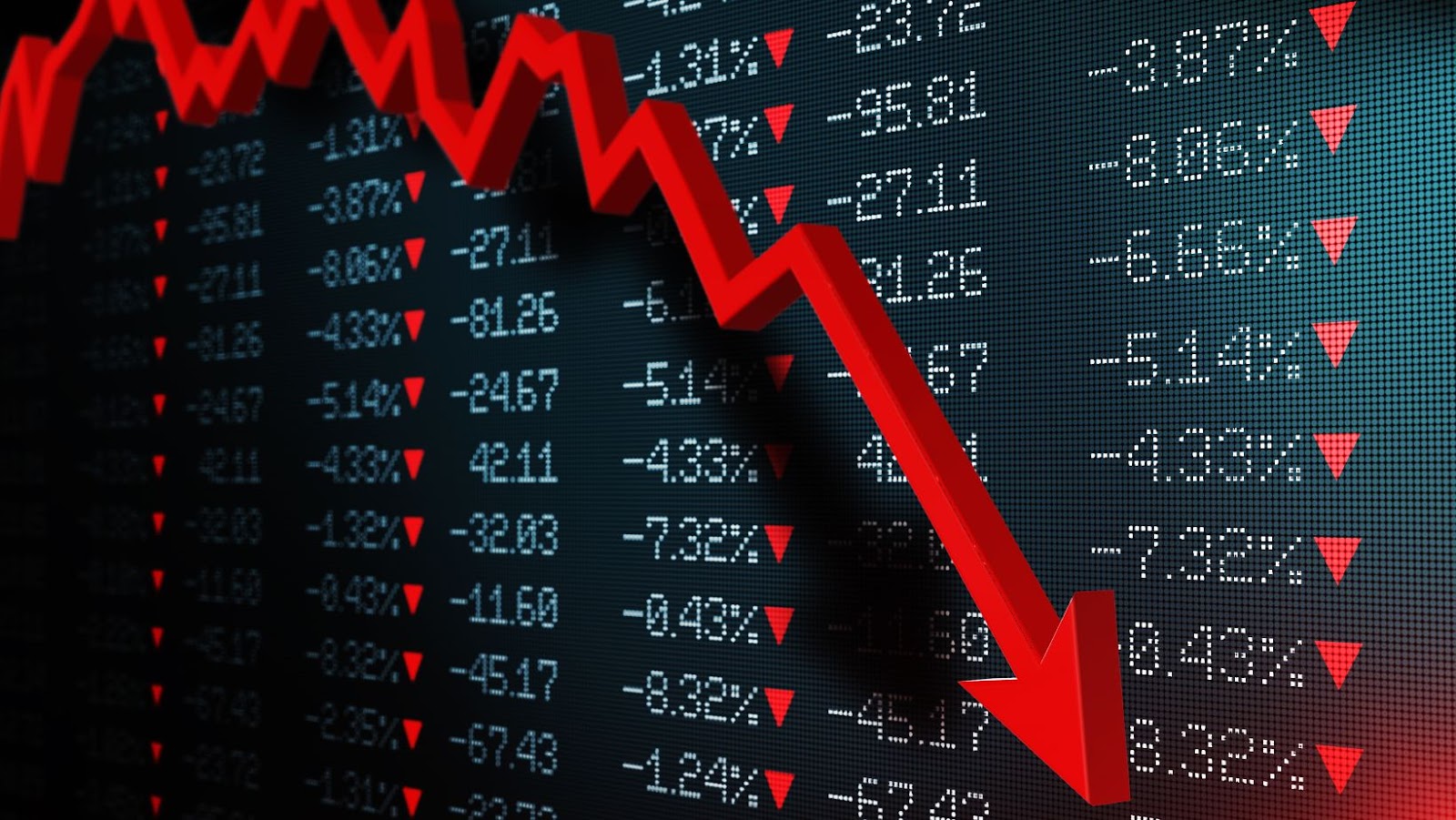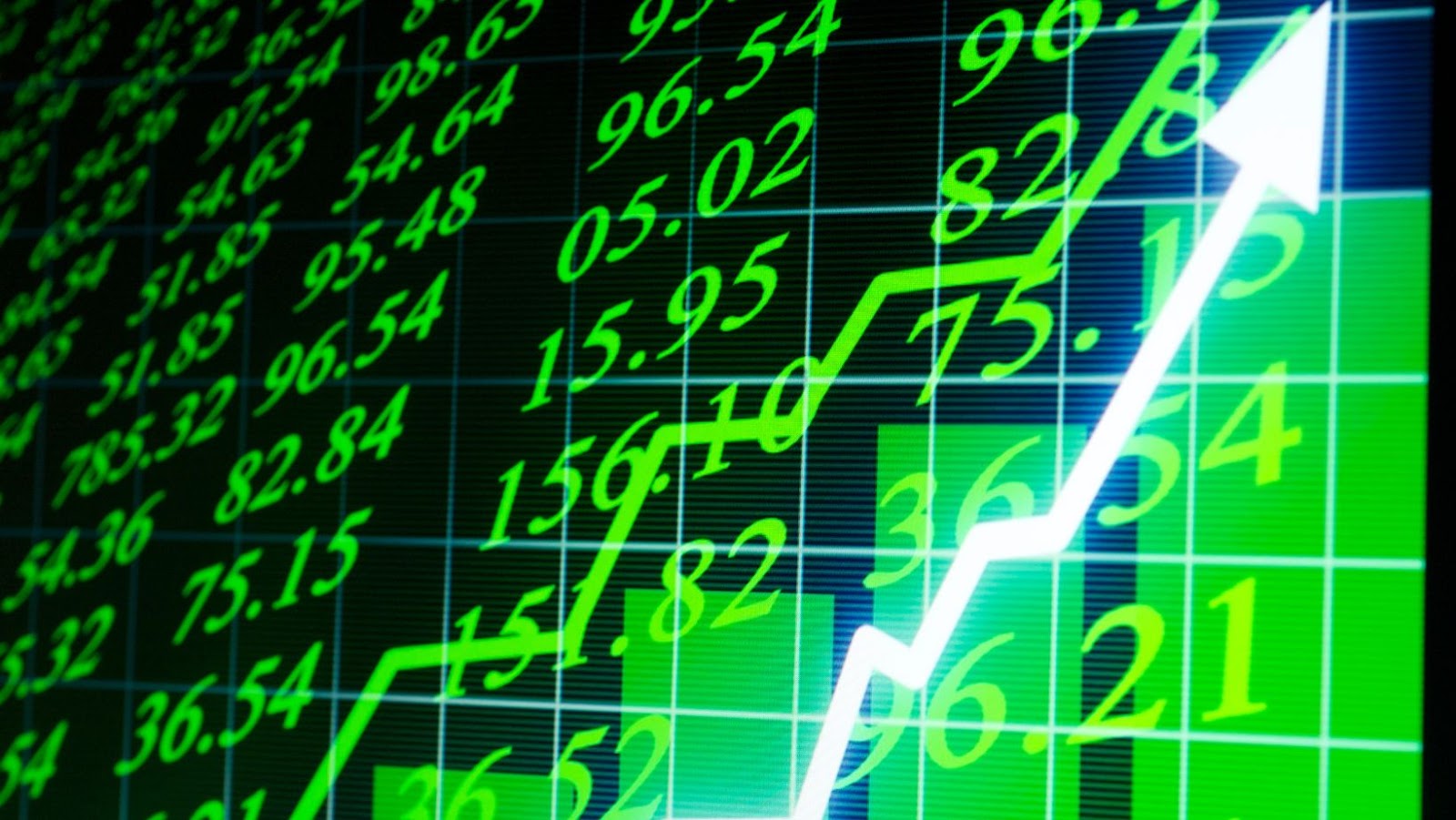Gamestop has become a popular investing topic in 2021, due to the surge of trading activity that followed the involvement of amateur traders, such as House Robinhood and Keith Gill.
In February 2021, Gamestop shares skyrocketed as the stock market became subject to a newfound wave of retail buying and short selling.
In this article, we’ll dive into the events leading up to the stock market surge and how Gamestop impacted the market.
What is Gamestop?
Gamestop is an American video game retailer, originally founded in 1984. It has since become a household name in the U.S. and worldwide, offering both physical and digital games at competitive prices. The company also offers a variety of gaming accessories, clothing and collectibles for purchase online and in-store.
Gamestop has recently impacted the stock market due to the historic battle between retail investors and Wall Street professional investors over the company’s stock price during February 2021. What began as an effort by “retail investor” Keith Gill, who goes by DeepF—ingValue on Reddit and DMYTR0 on YouTube, to buy Gamestop stocks quickly turned into a much larger endeavor with numerous other retail traders joining in on the buying spree — causing a surge in stock prices that shocked Wall Street professionals and regular investors alike. This culminated in Robinhood halting all trading of Gamestop stocks at certain points during January 2021, sparking a flurry of class action lawsuits and inquiries from federal regulators about potential market manipulation practices employed by hedge funds in connection with GameStop trading activities # FebMoonEngadget”>.
How does it impact the stock market?
The events leading up to and resulting from the surge in Gamestop stock and other stocks driven by social media, can provide powerful insights into the risk profile of different stocks traded on the public market. While such incidents are exceedingly rare, they are relevant to traders and investors in understanding the potential for extraordinary volatility in certain types of investments.
At the center of this incident is an “army” of retail traders that have been provided easy access to trading on public markets via trading apps such as Robinhood, Webull and other companies. This has allowed these traders to rapidly move money into targeted stocks, creating massive spikes in volume and price – a phenomenon known as a “short squeeze” – resulting in unprecedented levels of stock prices for certain companies.
The events surrounding Gamestop’s sudden rally sparked debate about equity market manipulation, financial literacy amongst retail investors, accessibility limitations posed by broker-dealers clamping down their operations by halting transactions with individual accounts during this surge. Amongst other issues raised was concern about how recent events would further entrench existing wealth disparities between those with access to information and resources and those without.
Ultimately, it’s essential that all parts of the market – exchanges, broker-dealers and regulators – take immediate action to ensure there’s an open market for all participants where fair market rules prevail for everyone involved – whether you are a long-term investor or trader with investment goals, or a new trader looking to take advantage of opportunities with limited capital at your disposal.
History of Gamestop
Gamestop is an American video game, consumer electronics, and gaming merchandise retailer.
Gamestop’s stock began to rise in 2020 after a Reddit commenter, ‘Roaring Kitty’ campaigned to buy Gamestop stock to protest trading app Robinhood, and the stock market in general. The controversy that followed and subsequent surge in stock prices sparked a battle between individual investors and major hedge funds.
Let’s look at the history of Gamestop, and how its stock market impact has been seen this year.
Gamestop’s emergence in the late 1990s
The origins of Gamestop, the American Video Game Retail Network, can be traced back to the late 1990s. In 1994, Barnes & Noble purchased Babbage’s Etc., a retail chain that sold video games and consoles in North America. Soon after acquiring the company, Barnes & Noble decided to enter the video game market under their brand name and opened a new chain of stores called “Gamestop” in May 1996.
Gamestop quickly began buying or licensing outlets opened by other companies like Virgin Games, Software Etc., Mikrowarehouse, FuncoLand and NeoStar Retail Group. Under its brand name, Gamestop continued expanding through strategic mergers and acquisitions around the globe at an astonishing rate over the past decades. As of 2021 it owns more than 5800 stores in 14 countries across Europe and North America making it one of the leading retailers for consumer video game products with a strong assortment of hardware devices as well as digital and physical software titles from the most renowned publishers such as Activision Blizzard, Electronic Arts or Ubisoft.

Today Gamestop is firmly cemented in pop culture thanks to its habit of announcing deals through social media and collaborations with major gaming influencers such as professional streamers or YouTubers. This strategy has contributed significantly to their success and put them into spotlight during January 2021 when traders on Reddit planned a stock market event they cheekily called “Reddit Revolution.” The event caused GME shares to increase substantially causing a heated debate around amateur versus professional traders within investment forums like Wallstreetbets or HouseRobinhood which lead GME shares even higher than expected eventually compelling some big names such as Keith Gill (a YouTuber also known most notably known by his aliases Roaringkitty or DeepFuckingValue) to take part in what became popularly known as #ss3 (FebruaryMoonEngadget).
Gamestop’s growth in the 2000s
The 2000s saw the emergence of Gamestop as a leader in the gaming industry. The company went public in 2002 and opened thousands of new stores across the United States, becoming a major player in retail sales of video games and related hardware and software. Gamestop’s stock grew steadily during this period, with its annual net income increasing by more than $100 million in 2006.
In 2007, Gamestop was acquired by rental firm Movie Gallery in a deal estimated at $1.44 billion. The two companies merged to form GameStop Corporation, which subsequently acquired EB Games (now known as GameStop) in 2008, giving it control over much of the pre-owned video game market.
In 2010, GameStop continued its expansion by establishing an eCommerce platform and opened new stores throughout Europe and Australia. Later that year, GameStop launched a mobile app called Playbar that allowed customers to purchase digital downloads directly from their phones. This move represented a significant shift for the company from primarily relying on physical retail outlets to taking advantage of digital downloads.
Recent Events
In recent months, the stock market has seen various events that have impacted certain companies’ stock prices. One of the most discussed events of 2021 was the battle between retail investors and hedge funds over the stock price of Gamestop.
It all started when a retail investor named Keith Gill, also known as Roaring Kitty, initiated a buying frenzy of Gamestop stocks seen by many as a form of retaliation against the hedge funds. This event had caused the stocks of Gamestop to skyrocket and prompted waves of debate over the stock market’s efficiency and its power in the hands of retail investors.
House robinhood keith gill gamestop februarymoonengadget
The Wall Street investing world has been rocked in recent weeks by the flurry of activity surrounding GameStop, a once struggling brick-and-mortar video game retailer whose stock exploded in value. The mania behind its rapidly growing share price was driven largely by retail investors — especially those linked to a Reddit forum called r/WallStreetBets — who have waged an unprecedented battle against hedge funds they feel have profited excessively from the market’s volatility.
Robinhood Markets, Inc., the online brokerage firm at the center of this controversy, allowed individual investors to trade without paying commissions. However, on January 28, 2021, following numerous posts about GameStop on social media platforms like Twitter and Reddit, Robinhood faced immense pressure from its larger institutional investors as fewer orders were being filled due to individuals flooding into the stock market. In response to this pressure, Robinhood implemented restrictions that temporarily limited trading for certain securities including GameStop, AMC Entertainment Holdings and Blackberry Ltd.

While regulating financial markets is necessary to protect investors from making impulsive decisions and ensure fair markets remain efficient, some argued that Robinhood’s decision deprived retail traders access to their accounts and even their own money. Since then, Keith Gill (known as Roaring Kitty on YouTube), a Massachusetts man who made thousands investing in GameStop shares has become one of this phenomenon’s major public figures; with members of Congress now discussing whether financial regulation should be updated or reinforced based on events surrounding this case. This saga that began with an ordinary video game company is still far from over but continues to demonstrate how powerful everyday investors can be when taking collective action against institutional forces.
The role of Keith Gill in the Gamestop surge
Keith Gill, otherwise known as ‘Roaring Kitty’ or ‘DeepF*ingValue’, is at the center of the recent raid on Gamestop stock by Reddit users. In early 2020, Gill began actively promoting investing in Gamestop to his YouTube followers and the members of r/Wallstreetbets. At first, he was mocked and his recommendations were ignored. However, once retail investors began to take notice and buy up shares of Gamestop, there was a surge in its stock price.
What further complicated the situation was that Gill had said on multiple occasions that he not only bought but also held calls in Gamestop stock which enabled him to make huge profits due to the surge. This led some investors on Wallstreetbets to question if this whole operation was a hedge by an institutional investor rather than a spontaneous move by individual investors.
While it is still unknown whether this surge was planned or just luck, what’s certain is that Keith Gill’s role in the rise of Gamestop has caused a stir among professional investors who were blindsided by retail investors rallying around one stock above others.
The #FebruaryMoonEngadget hashtag
The #FebruaryMoonEngadget hashtag was initially created as part of an online campaign by Reddit users to show their support for the stock market phenomenon around the GameStop (GME) and AMC stocks. The shares of these companies suddenly skyrocketed towards the end of January 2021, leading to market-wide turbulence which eventually caught the attention of retail investors, institutional investors, and corporate executives alike.
The story began when a Wall Street hedge fund decided to short sell their GME and AMC stocks to profit from the downward trend they forecasted. Little did they know that this would eventually lead to a major domino effect event wherein like-minded retail traders (mainly on Reddit forums) collaborated to buy large amounts of these stocks for their values to appreciate – thereby offsetting losses incurred by the hedge funds due to their short selling activities.
One such individual behind this trending trade was Keith Gill (@RoaringKitty), who took advantage of investing apps such as Robinhood in order purchase hundreds of thousands worth of GME and AMC stocks for him and thousands of others to benefit from profits made by accumulating large amounts over time before selling them off at peak prices. The #FebruaryMoonEngadget hashtag has since been used for retailers joining this movement to showcase their support for Keith Gill’s efforts; hence, leading to more ripples throughout the market regarding its overall volatility levels.
Impact on the Stock Market
In late January 2021, the stock market was sent into a frenzy after Reddit user Keith Gill promoted the stock of US game retailer Gamestop to users on the WallStreetBets subreddit. This lead to a huge surge in stock prices and caused a huge movement known as the “short squeeze” on Gamestop.
But what is the impact of this event on the stock market and the financial world? Let’s take a closer look.
The impact of the Gamestop surge on the stock market
The recent influx of traders in the stock market for Gamestop, led to a surge in the stock’s price that has been unparalleled in recent history. The phenomenon was attributed to the Reddit forum WallStreetBets, and trader Keith Gill, who goes by the username “DeepF***ingValue.”
The forum, which has around 3 million members, generated a lot of buzz as many members began posting encouraging posts about buying shares of Gamestop. This caused an influx of decisions and investors began buying shares in bulk. Several institutions like hedge funds and Robinhood decided to short sell or place bets against Gamestop stocks. This caused a monumental surge in the stock prices, skyrocketing an astonishing 545% from the beginning of 2021 until now!
Many investors bought into this bandwagon and have reaped tremendous profits since then. On January 21st alone, an individual investor made 20 million dollars by scratching out profits on stocks he had traded on under 24 hours earlier! Unfortunately, the surge also posed problems for many financial traders and institutions who had heavily leveraged their bets against Gamestop’s success. They subsequently lost money due to being forced to buy back positions at much higher prices than what they had initially sold it for.
The recent trading episode surrounding GameStop brought newfound attention and fear among some institutional traders with larger portfolios than those able to leverage small accounts with limited amounts of capital, who were not originally privy to individual-level stock trading through apps such as Robinhood until more retail traders got involved causing large orders during volatile days past mid-January 2021 leading up until current day March 2021. The GameStop effect drew attention not just across North America but internationally as well, inspiring debate over issues such as social media performance assessment relative to traditional stock market trading models while offering a glimpse into potential efficiencies or learning opportunities that may have faster impacts when dealing with smaller stakes size trades outside conventional investing platforms such as those managed by advisors or mutual funds.
In addition to ongoing discussions surrounding ‘Illegal market manipulation’ there continues to be discussions around financial market inequality among participants who are accessing informational gaps that often occur wider than securities exchanges’ public order books when it comes increased information quality data availability between public sources often made available through media channels compared to high-frequency professional grade datafeeds and dark pools order entry/execution given that certain sides dealers can maintain direct order flows up times only available through specific payment arrangements (processes typically used within wholesale banking).
The implications of the Gamestop surge for the future of the stock market
The meteoric rise of GameStop (GME) stock on Wall Street in late January 2021 captivated the nation with a little-known investor, retail giant Robinhood, and the heated debate over fairness in the stock market. On Jan. 28, GME shares soared from around $20 to $347 per share by Jan. 29. GME was one of several target stocks for individual investors encouraged by Reddit user Keith Gill, more famously known as “DeepF—ingValue.”

The so-called “stonks” originated when day traders noticed that Wall Street firms had placed large bets against American businesses such as GameStop and AMC Entertainment. Traders using social media platforms like Reddit decided that they could challenge the hedge funds’ gambles on these stocks and drive up the prices instead. This has caused outsized gains in some stocks that do not necessarily reflect their long-term value or even financial health or performance.
As a result of Gamestop’s surge, Robinhood blocked buying some traded securities, leaving investors relying on its platform with no trading ability . Subsequently, Robinhood received backlash from consumers raising questions about its legal duties towards investors including providing equal access to environments where desired investments can be made under fair rules enforced by both institutional and regulatory forces alike.
Overall, this controversy surrounding Gamestop has highlighted broader issues involving retail access to the stock market and inequality among individuals with unequal access to resources for trading purposes.. The incident serves as a wake-up call for institutional investors not just short sellers . Developments in 2021 have changed how traders approach financial markets with increased focus on regulation regarding investment portfolios and monitoring of manual trading behavior on automated platforms like Robinhood while also introducing innovations into research tools available to individual traders seeking financial advice moving forward through competent sources!
Conclusion
In February 2021, the Robinhood / Keith Gill / Gamestop situation was a perfect example of how quickly the stock market can fluctuate. It also shows how gamification and social media greatly influence the stock market. In the end, not only did Keith Gill become one the biggest stories of 2021, but he also showed the world that anyone can make big returns on the stock market with the right information and timing.
In this article, we will discuss the conclusion of this historic situation and how it impacted the stock market.
Summary of the impact of Gamestop on the stock market
The stock market surge surrounding GameStop in January 2021 has been remarkable and unprecedented. Led by Reddit group WallStreetBets, millions of amateur traders began pouring money into the video game retailer, with shares exploding from $19 to over $348 weekly.
The vision of amateur traders taking Wall Street by storm opened a compelling story, leading to wide scale media coverage, meme-ification and massive market volatility. In turn, the House Financial Services committee investigated possible market manipulation. As brokerages sought to limit their exposure and protect against excessive volatility, they did so at considerable risk to these small investors.
Though the enthusiasm has cooled since early January 2021, its impact on the stock market cannot be overstated. The power of collective action amongst retail investors has been demonstrated and will require serious reconsideration from financial regulators as we move forward into 2021 and beyond.
Potential implications for the future of the stock market
The Wall Street and stock market uproar involving GameStop has raised questions about the future of retail trading, the role of Robinhood and Reddit, and the kinds of long-term effects this situation may have. In addition, this event has sparked major discussion about whether it represents a tipping point for ordinary people to regain power in the stock market or whether greater regulation or oversight is needed.
The unprecedented movement of individual retail traders causes some to consider whether this kind of collective action will become more commonplace in similar events. Some believe it could be a sign that small investors are fed up with traditional Wall Street institutions taking advantage of them. On the other hand, potential strong divisions could occur among investors depending on their ideological views on how involved retail investors should be with corporate decisions affecting character companies like GameStop.
It’s unclear how any potential changes may impact short sellers and hedge funds. Still, supporters of Robinhood argue that more involvement from merchants can lead to higher financial execution while promoting greater investment diversity and resilience against volatility spikes. Others argue that greater regulation is needed to protect new traders from inaccurate or false financial advice or overtrading based on volatile market conditions.
Ultimately, only time will tell what implications following Keith Gill’s popular reddit username ‘DeepF***ingValue’ on February 8th will have for retail trading, hedge funds and Wall Street institutions alike as regulators continue to investigate sudden changes in US equity markets during January 2021.


More Stories
Reasons Why Instagram is Essential for Building Your Personal Brand
Comprehensive Assessment of Dafabet Sportsbook
How Smart Contract Audits Build Trust in Blockchain Applications